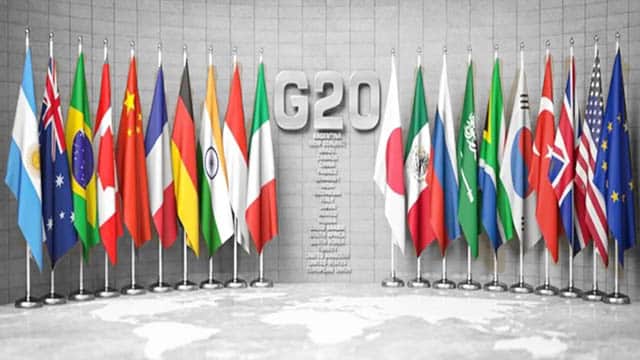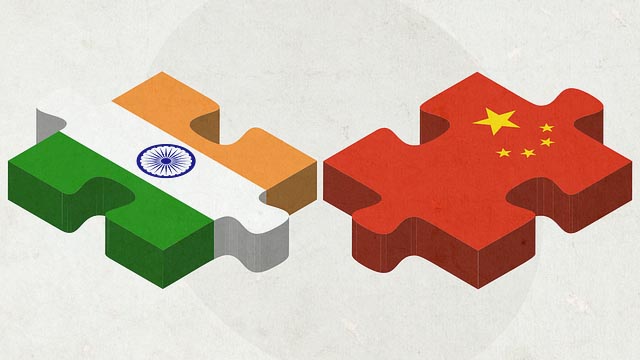Following a severe recession in Europe, fissures within the European Union (EU) bloc over the sanctions on Russia have surfaced once more. Countries like Greece and Hungary have blocked the European Commission’s (EC) 11th package of sanctions against Russia at a meeting of the Committee of Permanent Representatives of the EU, a Belgian television channel named RTBF TV has reported.
Greece and Hungary have blocked the EC’s sanction package demanding that several companies are removed from the list of those accused of supporting Russia in its attempt to bypass the West’s sanctions. However, the EU countries have “no systematic objections” to the latest round of sanctions put forward by the EC, according to the report.
Jim O’Brien, head of the US State Department Office of Sanctions Coordination reportedly complained that the shipments of microchips and key electronic components to Russia reached the pre-February 2022 level when Moscow started its special military operations in Ukraine. It proves that Russia has been able to smartly bypass the West’s sanctions on it.
While sanctions on Russia have failed to fetch any result for the US and its EU allies, the Ukraine conflict and resultant boycott of Russia have paved the way for a major financial recession in the EU. Eurostat claimed that economic growth in the eurozone countries declined by 0.1% in each of the last two quarters. The economic growth of the eurozone has been impacted by high food and energy prices caused by the Ukraine conflict.
Major economies of the EU have seen a decline in their growth in 2022 and 2023. Germany reportedly entered recession in the first quarter (Q1) of 2023, after shrinking 0.5% in the last quarter (Q4) of 2022. France had flat growth in the Q4 of 2022, followed by a 0.2% growth at the start of 2023. Italy experienced a 0.1% economic contraction at the end of 2022. It later rebounded to a 0.6% growth at the start of 2023, which is also the fastest growth rate among the EU’s major economies.
Despite this crisis, which is crippling the economies of the EU countries, experts at the EU predict a 1.1% growth in 2023 and 1.6% in 2024. Although these figures are slightly higher than previous estimates, it’s not clear how the EU countries can manage to achieve this growth rate when inflation is high, and the recession is expanding its scope gradually.




